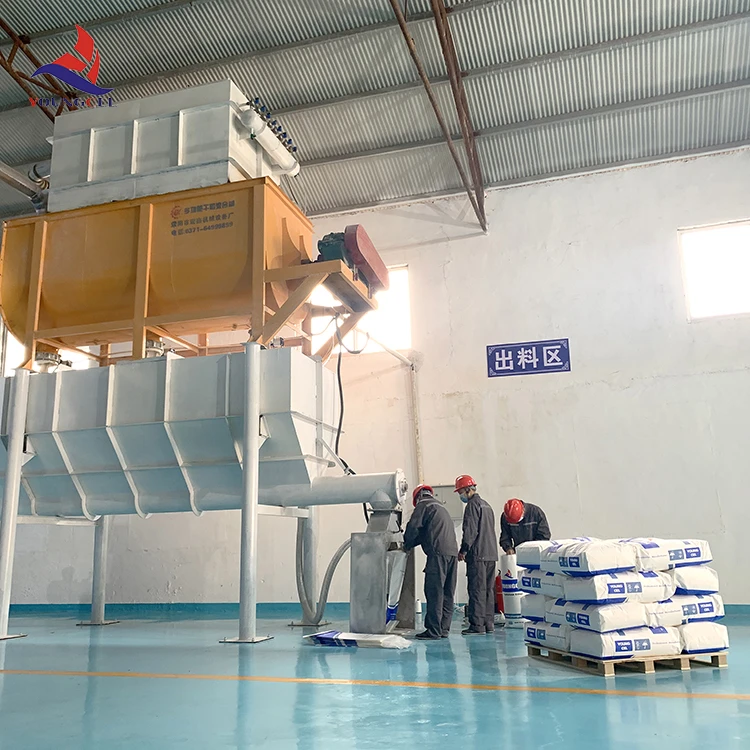Understanding Industrial Thickeners A Comprehensive Overview
In various industrial processes, the manipulation of liquid viscosity is crucial for efficiency, quality, and product performance. Thickeners play an essential role in these processes, particularly in sectors like food production, mining, pharmaceuticals, and paper manufacturing. This article delves into the fascinating world of industrial thickeners, exploring their types, functions, applications, and the technological advancements driving their effectiveness.
What Are Industrial Thickeners?
Industrial thickeners, also known as viscosity modifiers, are substances used to increase the thickness or viscosity of a liquid without altering its other properties. These agents are critical in formulating products that require a specific flow behavior. They can be natural or synthetic, and their selection often depends on the nature of the application.
Types of Thickeners
Thickeners can be categorized primarily into two groups natural and synthetic.
1. Natural Thickeners These include substances derived from plant or animal sources, such as starch, guar gum, and xanthan gum. They are favored in food and cosmetic industries due to their biocompatibility and biodegradability. Natural thickeners are often perceived as safer alternatives by consumers, making them a popular choice in eco-friendly products.
2. Synthetic Thickeners These are chemically engineered substances, such as polyacrylate and various cellulose derivatives. They often provide more consistent results and can be tailored for specific industrial applications. Synthetic thickeners are prevalent in the coatings and adhesives markets, where precise control over viscosity is crucial.
Functions and Mechanisms
The primary function of thickeners is to modify the flow properties of liquids, making them more manageable during processing. They work by increasing the interaction between molecules, creating a network that resists flow. This thickening effect can help in various ways
industri thicken

- Stabilization Thickeners can help stabilize emulsions and suspensions by preventing the separation of ingredients. - Improved Texture In food production, thickeners can enhance the mouthfeel and consistency of products, making them more palatable. - Enhanced Performance In paints and coatings, thickeners can improve coverage and application properties, ensuring a more uniform finish.
Applications Across Industries
The use of thickeners spans a vast array of industries
- Food Industry Thickeners are commonly used in sauces, dressings, and dairy products to achieve the desired texture and prevent separation. - Pharmaceuticals In pharmaceuticals, thickeners ensure that liquid medications remain stable and easy to administer. - Mineral Processing In mining, thickeners are essential for separating solids from liquids, optimizing the extraction process of valuable minerals. - Cosmetics In personal care products, thickeners help maintain product consistency and stability, providing users with a better experience.
Technological Advancements
Recent advancements in thickener technology have led to the development of more efficient and environmentally friendly products. For instance, the emergence of bio-based thickeners aligns with the growing demand for sustainable industrial practices. These innovations not only meet regulatory requirements but also cater to the increasing consumer preference for clean labels.
Moreover, the formulation of smart thickeners that can adjust their viscosity based on environmental conditions is a trend gaining traction. Such advancements promise to enhance product stability and performance across various applications.
Conclusion
Industrial thickeners are pivotal in many sectors, influencing product quality and stability. As industries continue to innovate, the role of thickeners will evolve, driven by technological advancements and changing consumer expectations. Understanding the nature and function of these agents is crucial for professionals in fields ranging from food science to materials engineering, ensuring that they can leverage the right thickening solutions for their specific needs.
-
Rdp Powder: Key Considerations for Wholesalers in the Building Materials IndustryNewsJul.08,2025
-
Key Considerations for Wholesalers: Navigating the World of Hpmc - Based ProductsNewsJul.08,2025
-
Hpmc Detergent: Key Considerations for WholesalersNewsJul.08,2025
-
Key Considerations for Wholesalers: China Hpmc For Tile Adhesive, Coating Additives, Concrete Additives, and MoreNewsJul.08,2025
-
Crucial Considerations for Wholesalers: Navigating the World of Construction MaterialsNewsJul.08,2025
-
Key Considerations for Wholesalers Sourcing Additive For Cement, Additive For Concrete, Additive For Putty from Additive Manufacturer Shijiazhuang Gaocheng District Yongfeng Cellulose Co., Ltd.NewsJul.08,2025




